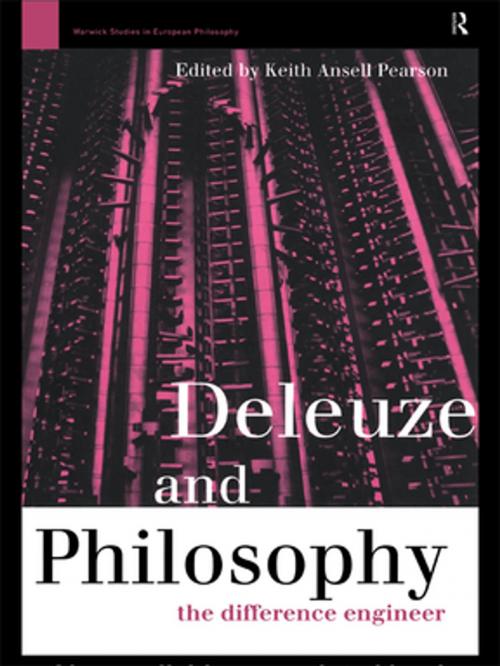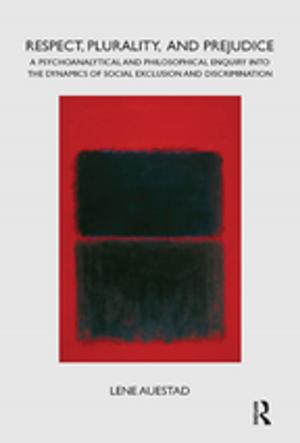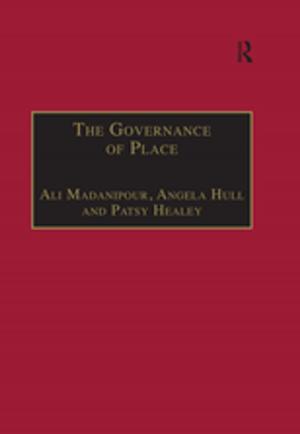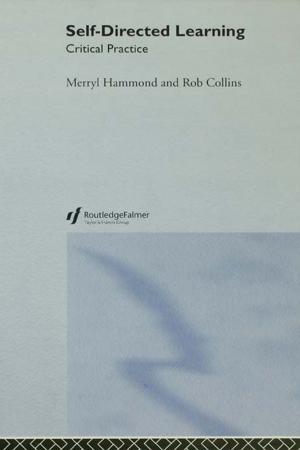| Author: | ISBN: | 9781134765270 | |
| Publisher: | Taylor and Francis | Publication: | March 11, 2002 |
| Imprint: | Routledge | Language: | English |
| Author: | |
| ISBN: | 9781134765270 |
| Publisher: | Taylor and Francis |
| Publication: | March 11, 2002 |
| Imprint: | Routledge |
| Language: | English |
The work of Gilles Deleuze has had an impact far beyond philosophy. He is among Foucault and Derrida as one of the most cited of all contemporary French thinkers. Never a student 'of' philosophy, Deleuze was always philosophical and many influential poststructuralist and postmodernist texts can be traced to his celebrated resurrection of Nietzsche against Hegel in his Nietzsche and Philosophy, from which this collection draws its title.
This searching new collection considers Deleuze's relation to the philosophical tradition and beyond to the future of philosophy, science and technology. In addition to considering Deleuze's imaginative readings of classic figures such as Spinoza and Kant, the essays also point to the meaning of Deleuze on 'monstrous' and machinic thinking, on philosophy and engineering, on philosophy and biology, on modern painting and literature.
Deleuze and Philosophy continues the spirit of experimentation and invention that features in Deleuze's work and will appeal to those studying across philosophy, social theory, literature and cultural studies who themselves are seeking new paradigms of thought.
The work of Gilles Deleuze has had an impact far beyond philosophy. He is among Foucault and Derrida as one of the most cited of all contemporary French thinkers. Never a student 'of' philosophy, Deleuze was always philosophical and many influential poststructuralist and postmodernist texts can be traced to his celebrated resurrection of Nietzsche against Hegel in his Nietzsche and Philosophy, from which this collection draws its title.
This searching new collection considers Deleuze's relation to the philosophical tradition and beyond to the future of philosophy, science and technology. In addition to considering Deleuze's imaginative readings of classic figures such as Spinoza and Kant, the essays also point to the meaning of Deleuze on 'monstrous' and machinic thinking, on philosophy and engineering, on philosophy and biology, on modern painting and literature.
Deleuze and Philosophy continues the spirit of experimentation and invention that features in Deleuze's work and will appeal to those studying across philosophy, social theory, literature and cultural studies who themselves are seeking new paradigms of thought.















